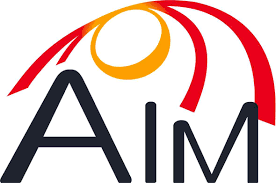Recent years have seen the dramatic progress in our understanding of the universe. Such advancement covers the entire spectrum of subjects in particle astrophysics and cosmology, ranging from inflation, dark matter, dark energy, to ultra-high energy cosmic rays (UHECR) and neutrinos (UHECN). These are made possible due to the fact that almost every frontier subject in this field has had its most advanced detection/observation instruments completed and in operation during this time. For example with much higher precision, the Planck data has on the one hand confirmed the general notions of cosmology, but on the other hand imposed new challenges to our ultimate understanding of both early and late-time universes. Similar situation applies to UHECR physics, where new revelations on its composition and spectral shape have been put forward. For UHECR detection, IceCube has provided us constraints on gamma ray bursts (GRB) as ‘cosmic accelerators’ while ANITA puts new upper bound on GZK neutrino flux. As for the dark matter search, both direct and indirect detections have made exciting advancement the evidence found by several experiment of WIMP-type dark matter with mass around 8.9GeV. In this talk I will give an overview of recent theoretical and experimental advancements in cosmology and particle astrophysics and highlight several exciting projects under preparation. Finally I will also share the vision of laboratory astrophysics, where, by employing ultra-intense lasers, salient problems such as Hawking-Unruh effect maybe addressed in the laboratory setting.
Leung Center for Cosmology and Particle Astrophysics, Taiwan


